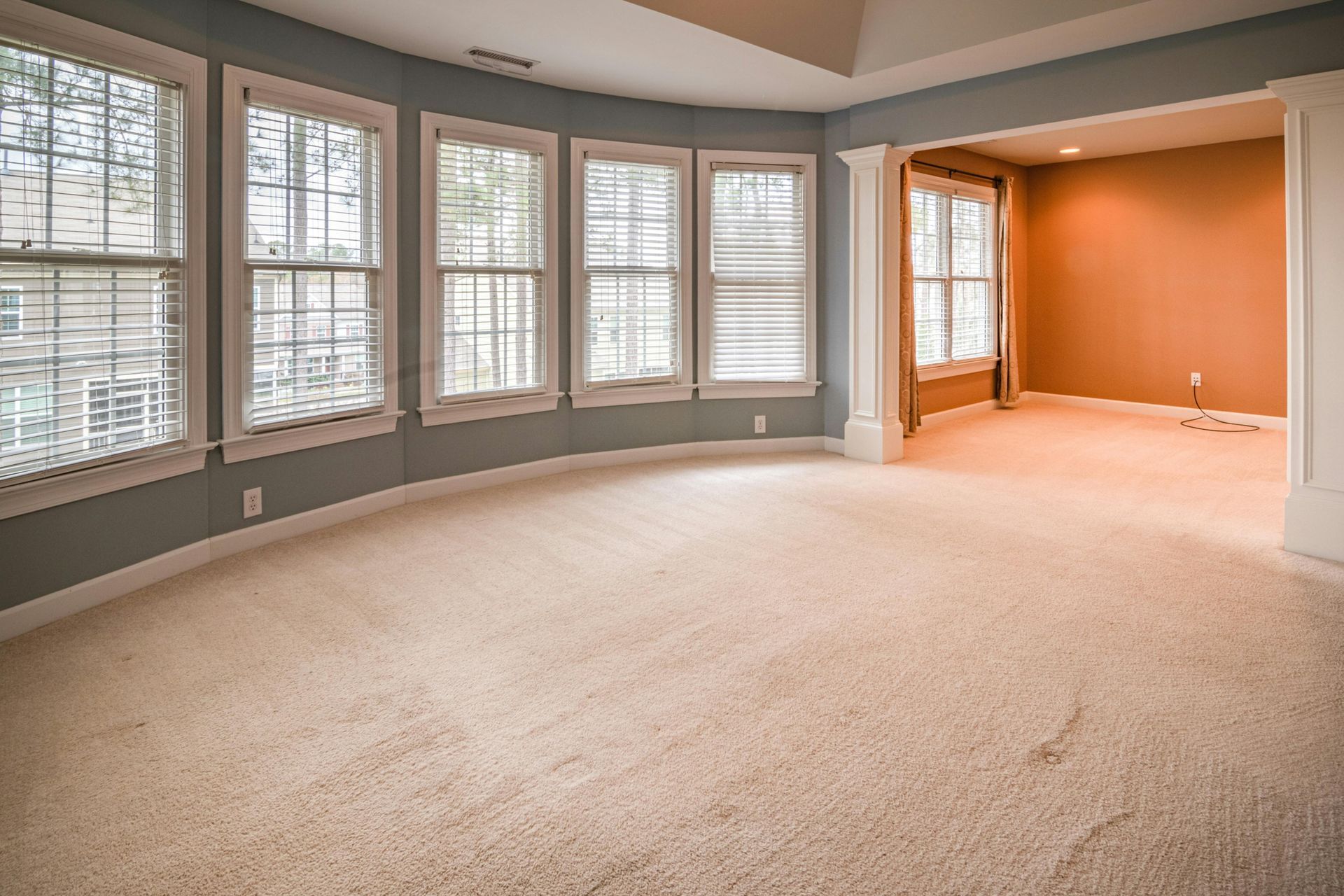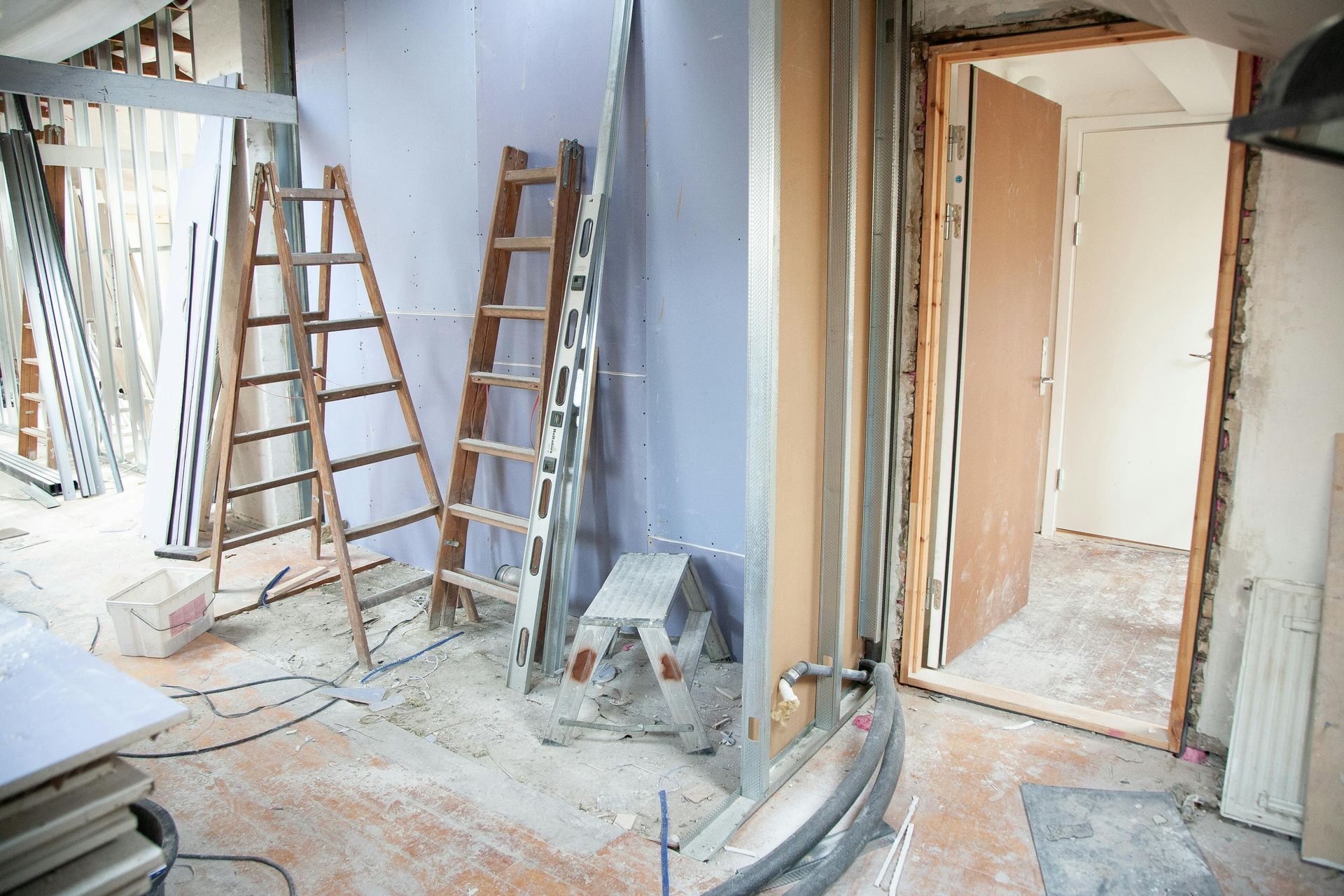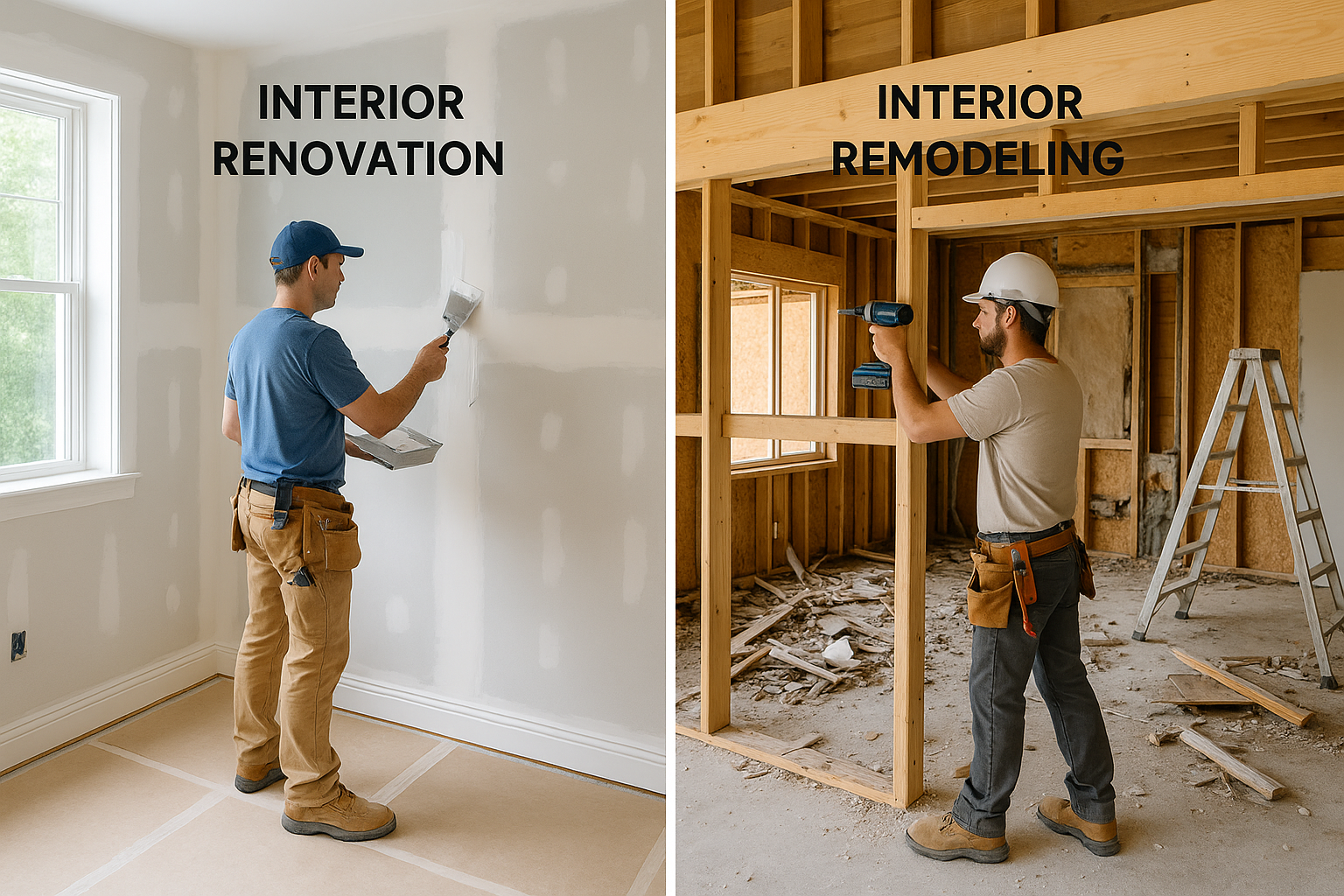Benefits of Hiring a Licensed & Insured Contractor
Choosing the right contractor for your home improvement or construction project can make all the difference. A licensed and insured contractor brings expertise, accountability, and protection to the table, ensuring your project runs smoothly and meets high standards. While it may be tempting to cut costs by hiring an unlicensed individual, the risks often outweigh the savings. This article explores the numerous benefits of hiring a licensed and insured contractor, offering insights into why this choice is critical for homeowners. From financial protection to quality assurance, we’ll cover the key reasons to prioritize professionals who are properly credentialed. To better understand the values and standards that guide such professionals, you can also learn more about us and our commitment to quality work.
Key Takeaways
- Legal Compliance: Licensed contractors meet state and local regulations, reducing legal risks.
- Financial Protection: Insurance shields homeowners from liability for accidents or damages.
- Quality Assurance: Licensing ensures contractors have the skills and knowledge for high-quality work.
- Professional Accountability: Licensed contractors are held to industry standards and ethical practices.
- Peace of Mind: Insurance and licensing provide confidence that your project is in capable hands.
- Access to Permits: Licensed contractors can secure necessary permits, ensuring code compliance.
Why Licensing Matters
A contractor’s license is more than just a piece of paper; it’s a mark of professionalism and competence. Licensing requirements vary by state, but they typically involve passing exams, demonstrating experience, and meeting educational standards. This process ensures contractors have the technical knowledge and skills needed to handle complex projects.
Hiring a licensed contractor means you’re working with someone who understands building codes, safety regulations, and industry best practices. For example, a licensed contractor is less likely to make errors that could lead to costly repairs or safety hazards. They are also accountable to state licensing boards, which can step in if issues arise. Unlicensed contractors, on the other hand, may lack the training or oversight needed to deliver reliable results, leaving homeowners vulnerable to subpar work or legal complications. Licensing also often requires ongoing education, ensuring contractors stay updated on the latest techniques and regulations. This commitment to professional development translates into better outcomes for your project, whether it’s a
kitchen renovation or a new home addition.
The Importance of Insurance
Insurance is a critical component of a contractor’s credentials. A properly insured contractor carries general liability insurance, workers’ compensation, or both, depending on the scope of their work. These policies protect homeowners from financial and legal risks during a project.
General liability insurance covers property damage or injuries that occur during the project. For instance, if a contractor accidentally damages your home or a neighbor’s property, their insurance can cover the costs, sparing you unexpected expenses. Workers’ compensation insurance protects you if a worker is injured on your property. Without this coverage, you could be held liable for medical bills or lost wages, which can quickly escalate. Hiring an insured contractor also demonstrates their professionalism. It shows they’ve invested in protecting their clients and employees, which reflects a commitment to responsible business practices. Always ask for proof of insurance before signing a contract, and verify that the policy is active and adequate for your project’s scope.
Financial Protection for Homeowners
One of the most significant benefits of hiring a licensed and insured contractor is the financial protection they offer. Home improvement projects can be expensive, and unexpected issues like accidents, damages, or incomplete work can add to the costs. A licensed and insured contractor mitigates these risks in several ways.
First, their licensing ensures they follow local regulations, reducing the likelihood of fines or legal issues. For example,
unlicensed contractors may skip permits, leading to penalties or the need to redo work to meet code requirements. Second, insurance protects you from liability. If a worker is injured or your property is damaged, the contractor’s insurance covers the costs, not your homeowner’s insurance or personal funds. Additionally, many licensed contractors offer warranties or guarantees on their work. If issues arise after the project is complete, they’ll return to fix them at no extra cost. This added layer of protection ensures your investment is secure, giving you confidence in the project’s long-term success.
Quality Work and Professional Standards
Licensed contractors are held to high standards by state licensing boards and industry organizations. These standards ensure they deliver quality work that meets or exceeds expectations. Licensing exams test a contractor’s knowledge of construction techniques, safety protocols, and building codes, so you can trust they have the expertise to handle your project.
Moreover, licensed contractors often have years of experience and a portfolio of successful projects. They understand how to manage timelines, coordinate subcontractors, and address challenges that arise during construction. This expertise translates into smoother projects and better results, whether you’re renovating a bathroom or building a new deck. In contrast, unlicensed contractors may cut corners to save time or money, leading to shoddy workmanship or safety issues. For example, improper electrical or plumbing work can create hazards that are costly to fix. By hiring a licensed contractor, you’re investing in quality and reliability, ensuring your project is completed to a high standard. For homeowners, understanding the differences between
renovation vs. remodeling is also essential when choosing the right contractor for the job.
Access to Permits and Code Compliance
Home improvement projects often require permits to ensure they meet local building codes. Licensed contractors are familiar with the permitting process and can handle it on your behalf. They know which permits are needed, how to apply for them, and how to schedule inspections. This streamlines the project and ensures compliance with regulations.
Unlicensed contractors may avoid permits to cut costs, which can lead to serious consequences. If work is done without proper permits, you may face fines, delays, or even the need to tear down and redo the project. Licensed contractors take the guesswork out of compliance, giving you peace of mind that your project meets all legal requirements.
The following table outlines common home projects and their typical permit requirements:
| Project Type | Permit Required? | Notes |
|---|---|---|
| Kitchen Remodel | Yes | Required for electrical, plumbing, or structural changes. |
| Bathroom Renovation | Yes | Needed for plumbing or electrical updates. |
| Home Addition | Yes | Requires permits for structural, electrical, and plumbing work. |
| Deck or Patio | Often | Depends on size and height; check local regulations. |
| Roof Replacement | Sometimes | May require permits for structural changes or historic districts. |
Peace of Mind and Accountability
Hiring a licensed and insured contractor offers peace of mind that your project is in capable hands. Knowing that your contractor is qualified, insured, and accountable reduces stress and allows you to focus on the excitement of your home improvement. If issues arise, licensed contractors are answerable to state boards, which can investigate complaints and enforce disciplinary actions.
Insurance adds another layer of security. If an accident occurs, you won’t be left scrambling to cover costs. This combination of licensing and insurance creates a safety net, ensuring that your project is completed professionally and without unexpected liabilities.
Additionally, licensed contractors are more likely to provide clear contracts, detailed estimates, and transparent communication. This professionalism fosters trust and ensures you’re informed at every stage of the project, from planning to completion. For larger upgrades, working with experts familiar with
home addition planning can make the process much smoother.
Supporting Local Regulations and Communities
Hiring a licensed and insured contractor supports local regulations and strengthens your community. Licensed contractors contribute to the local economy by paying taxes, supporting industry standards, and maintaining ethical business practices. They also help ensure that construction projects meet safety and environmental regulations, protecting the community at large.
By choosing a licensed contractor, you’re also supporting professionals who have invested time and resources into their credentials. This encourages a culture of accountability and quality within the construction industry, benefiting homeowners and communities alike. Plus, investing in projects like a
room addition not only improves your daily living space but can also increase the value of your home.
Frequently Asked Questions
Why is it important to hire a licensed contractor?
A licensed contractor has met state requirements for skills, experience, and knowledge, ensuring they can deliver quality work that complies with building codes. This reduces the risk of errors, legal issues, or safety hazards.
What types of insurance should a contractor have?
A contractor should carry general liability insurance to cover property damage or injuries and workers’ compensation insurance to protect workers in case of on-the-job injuries. Always verify coverage before hiring.
Can I save money by hiring an unlicensed contractor?
While unlicensed contractors may offer lower prices, the risks of poor workmanship, legal issues, or liability for accidents often outweigh the savings. Licensed contractors provide long-term value and protection.
How can I verify a contractor’s license and insurance?
Check your state’s licensing board website to verify a contractor’s license status. Request a certificate of insurance directly from the contractor’s insurance provider to confirm active coverage.
What should I do if I have an issue with a licensed contractor?
Contact the contractor to discuss the issue first. If unresolved, file a complaint with your state’s licensing board, which can investigate and take disciplinary action if necessary.
Final Thoughts
Hiring a licensed and insured contractor is a smart investment for any home improvement project. From ensuring quality work to protecting your finances, these professionals offer expertise and accountability that unlicensed individuals simply can’t match. While the upfront cost may be higher, the benefits of safety, compliance, and peace of mind far outweigh the risks of cutting corners. Before starting your next project, take the time to verify a contractor’s credentials, review their portfolio, and ask for references. By choosing a licensed and insured contractor, you’re setting your project up for success and safeguarding your home for years to come. If you’re ready to move forward, don’t hesitate to contact a trusted professional to discuss your goals and get started.










